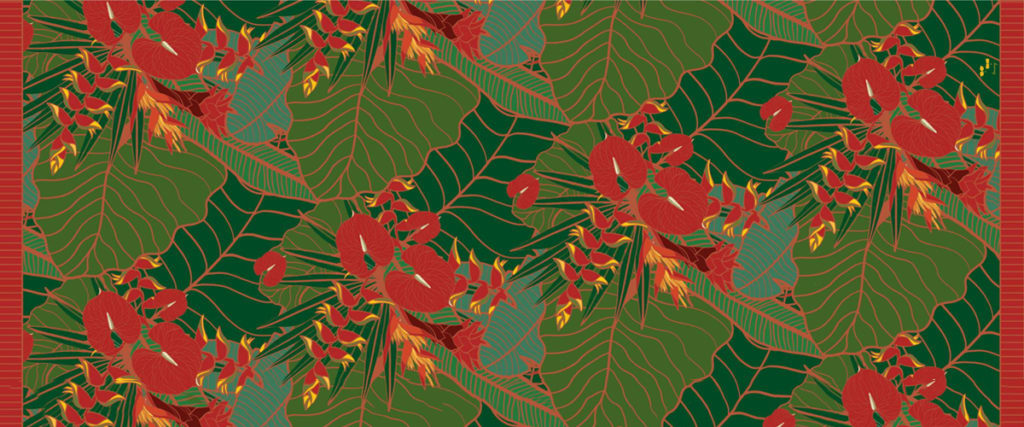Twins Santhi and Sari Tunas ditched their jobs in architecture to pursue their own business, Binary Style, selling scarves infused with Singaporean heritage and culture. Read on to find out more about their journey.
Originally from Indonesia, twin sisters Santhi and Sari Tunas moved to Singapore a few years ago. “We’ve always been very creative people since we were young and we were so burned out with our jobs at the time in architecture. We thought, why don’t we join forces to do something in the creative industry,” says Santhi. “It was actually my sister Sari who had the idea.” In 2015, they went with it, quitting their jobs in architecture to start Binary Style, a unique line of scarves that reflected their love for Singaporean heritage: their Binary Style.
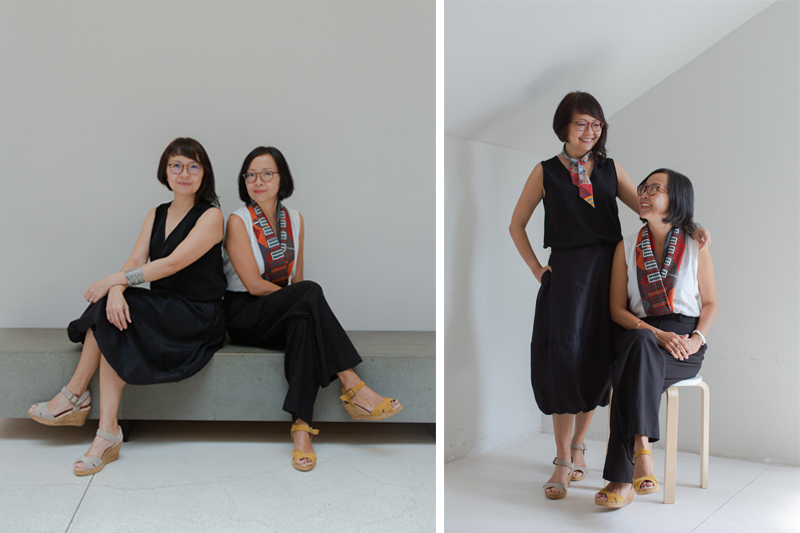
While scarves may not seem an obvious choice for one of the warmest cities in the world, the pair attest to their product’s versatility. “The key is application,” assures Santhi. “Yes, it can be a bit hot, but there are so many ways to wear a scarf. If the weather’s a bit cold, I drape it on my shoulders. But if it’s too warm, I roll it up.” Made with silk twill fabric, the sisters’ designs are shipped worldwide through their online store, sold at a variety of pop-ups, and carried by a number of boutiques in Singapore.
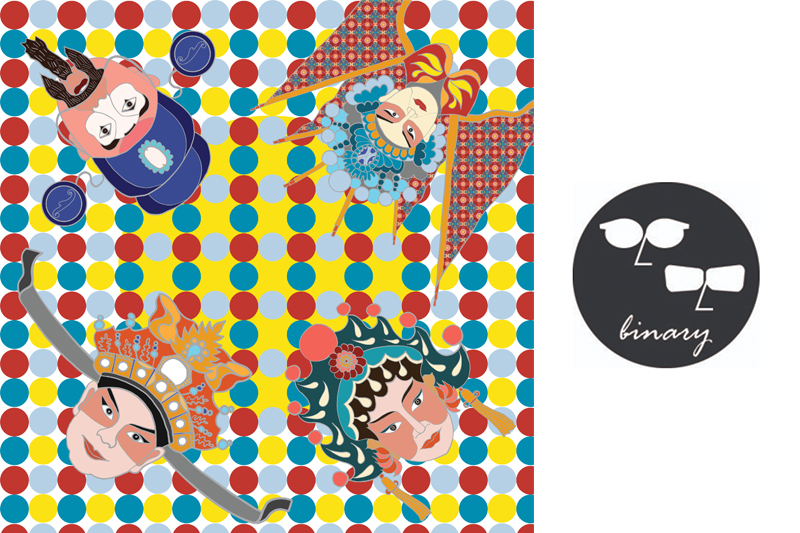
Story and heritage are the cornerstones of Binary Style’s scarves, which the duo use as a medium to narrate everything Singaporean from early to recent developments, multiculturalism to natural diversity. “Because there are stories behind every design, we need to get the message across. If people don’t understand what we’re doing, it’s basically just a scarf,” says Santhi. Their Singapore Stories design collection, for example, weaves together stories of their city’s architecture, nature and heritage with motifs inspired by its Botanic Gardens and Perankan culture. “For us, when we have really compelling stories to tell, it’s easier to design.”
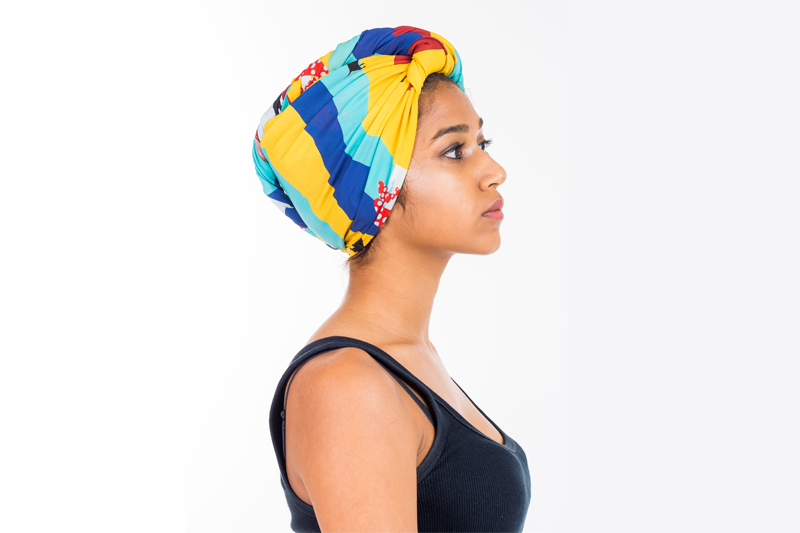
The dynamics of a company run by twin sisters are something they see as a huge bonus. “We both have the same interests and we more or less have the same appreciation of what’s nice and what’s not,” says Santhi. “The good thing is, we can criticise each other and be totally honest. Of course, we argue all the time. But, rather than being business partners, we’re sisters,” she laughs. “We can always smooth things out, whatever disagreements we have. And we have really gotten to discover each other.”
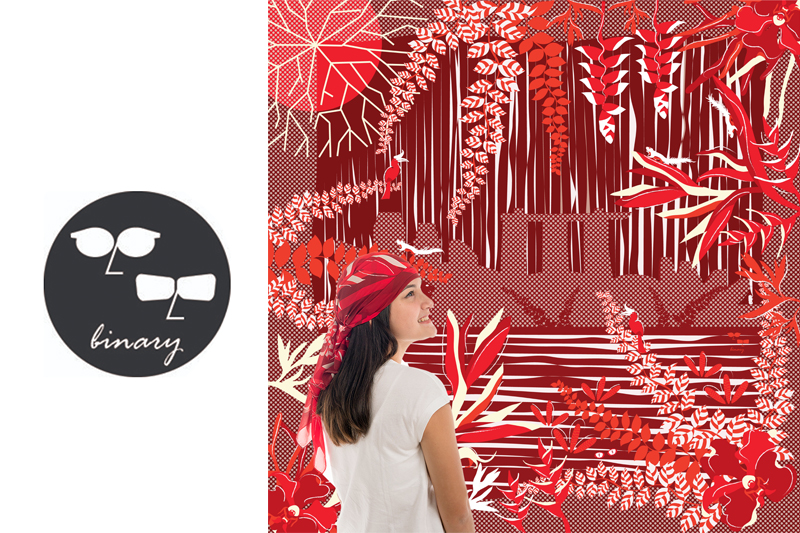
Next on their list of discoveries is new markets. “Singapore has been great to us, you know? But the reality is that it’s quite small, so it’s a bit difficult to scale up,” explains Santhi. “We are looking at creating patterns that will have a more simple or regional inspiration so that the appeal is more global. Maybe we’ll try SEA’s market first, and if that’s good, then the rest of Asia.”
